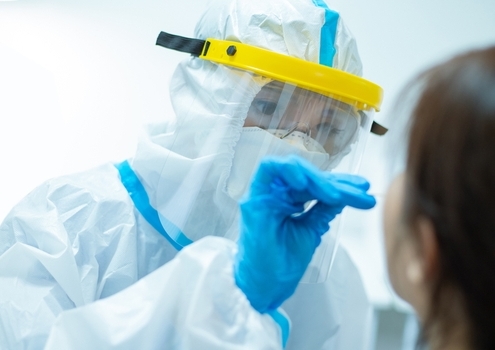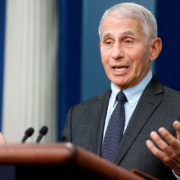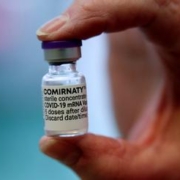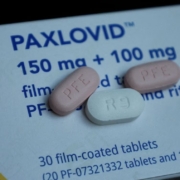Panacell believes stem cell therapy could be effective against Long COVID
Panacell believes stem cell therapy could be effective against long COVID
Published: Aug 11, 2022
By Mark Terry
BioSpace
South Korean biotech company Panacell Biotech believes it has a way to treat long COVID.
Panacell is a research institute specializing in regenerative cell therapies using adipose-derived stem cells (ADSC). It plans to initiate a program to investigate the use of natural killer (NK) immune cells, exosomes and brown adipose-derived stem cells to treat long COVID.
Long COVID, which goes by the official name of post-acute sequelae of SARS-CoV-2 infection (PASC), is defined by a broad range of symptoms that persist at least four weeks after infection. According to the Mayo Clinic, one in four people aged 65 or older suffers from the aftereffects of COVID-19.
“We expect that this clinical trial will reveal therapeutic effects of stem cell therapy,” Seung-Ho Choi, CEO of Panacell, said in a statement.
Reportedly, more than 200 patients have been treated using similar techniques in Wuhan, China, in a trial conducted by the China Biotechnology Development Center.
Panacell quoted a statement from the China center, saying, “The clinical treatment results (in China) show that the stem cell therapy has good safety and has also been confirmed to have a therapeutic effect. We are continuing to monitor the treatment using stem cells.”
In January, another group in China from the National Clinical Research Center for Infectious Diseases published a study in eBioMedicine describing the long-term effects of using human mesenchymal stem cells (MSC) for severe COVID-19. It was a prospective, longitudinal, cohort study of 100 patients enrolled in a Phase II trial who were followed at three-month intervals for a year. The primary endpoint was an altered proportion of whole-lung lesion volumes measured by high-resolution CT scans. The researchers also analyzed other imaging methods, a six-minute walking test, lung function, plasma biomarkers and adverse events.
The treatment improved whole-lung lesion volume compared to placebo. The researchers also noted that 17.9% of patients in the MSC group had normal CT images at 12 months compared to none in the placebo group. Symptoms were also decreased in the MSC group compared to placebo.
Although details are sparse, Panacell’s approach appears to be a little bit different. NK cells are a type of immune cell with particles containing enzymes that can kill tumor cells or cells infected with a virus. Exosomes are extracellular vesicles created by all cells. They carry nucleic acids, proteins, lipids and metabolites, and act as mediators of near and long-distance intercellular communication in health and disease.
Adipose tissue is basically a collection of fat cells. Brown adipose is a special type of body fat that is activated when a person gets cold, producing heat to help maintain body temperature in cold conditions. Brown adipose cells contain more mitochondria than white fat, which stores calories.
A 2021 study published in Scientific Reports noted that “Adipose-derived mesenchymal stem cells (ASCs) are a promising option for the treatment of obesity and its metabolic co-morbidities.”
In their studies, the researchers found that these types of stem cells showed some effectiveness in suppressing lipogenic and inflammatory markers, in addition to preserving insulin secretion. It is possible that Panacell’s approach is focused on the use of these types of stem cells to tamp down inflammation associated with long COVID, while the NK cells are designed to kill cells that are acting as a reservoir for the COVID-19 virus. Generally, in experimental exosomal therapy, the exosomes are used as vectors to carry molecules to generate a biological response.
Source: BioSpace











 Reuters
Reuters